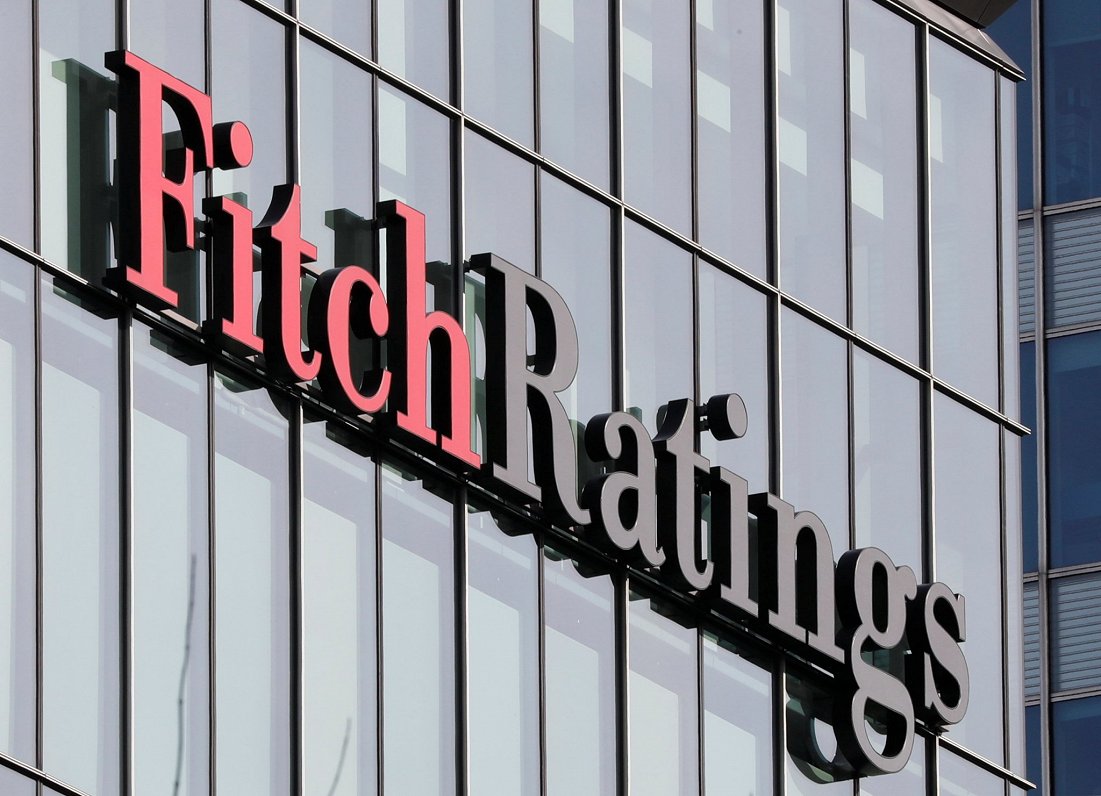The move is just one of what will likely be a long list of such moves as the coronavirus crisis impacts the global economy.
"The revision of the Outlook reflects a deterioration in Latvia's fiscal outlook for 2020-21 associated with a near-term contraction in economic output and higher spending needs from the COVID-19 pandemic. The authorities have put in place concerted efforts to halt the spread of the outbreak and limit economic and social impact. Nevertheless, considerable uncertainty remains about the duration of the coronavirus outbreak and its lingering impact on Latvia and its trading partners. The affirmation of the rating reflects Latvia's still-modest public debt levels relative to peers, and its institutional strengths underpinned by EU membership and the benefits of eurozone reserve currency flexibility," Fitch said.
Fitch expects the COVID-19 pandemic to have a large disruptive effect on Latvia´s small and open economy, with GDP contracting by close to 7% in 2020, an almost 10pp downward revision compared with its previous forecast.
"Social distancing measures in Latvia and elsewhere are affecting key sectors such as tourism and accommodation, transportation, and retail trade, which together account for nearly 20% of GDP, the highest share in the Baltics. Moreover, supply chain disruptions and a steep fall in external demand are expected to exert further pressure on the economy. This will all take a toll on employment, private consumption, investment and exports, with risks to the downside," the rating agency warned.
"The supply and demand shock will be partly mitigated by the authorities' concerted efforts to support businesses and individuals, and by our expectations of a gradual normalisation of economic activity in 2H20 under our current forecasts. Government measures include wage reimbursement for affected individuals (up to EUR700 a month); a three-year tax deferral for affected individuals and companies; extra financing for the healthcare sector and other sectoral support; and an increase in loan and guarantees to affected companies via the state-owned development agency, ALTUM. These total over EUR2 billion (6.5% of 2019 GDP), with further measures likely to be announced in order to prevent widespread business closures," Fitch said.
The economy is expected to bounce back in 2021, with GDP growth of 5.2% driven by a pickup in goods and services exports and a strong recovery in consumption and investment, provided macro-fiscal stability is maintained and that policy measures prevent long-lasting sectoral disruptions, including likely measures to prevent a sharp rise in unemployment. Fitch forecasts unemployment to rise to 9.5% in 2020, above the low of 6.3% reached in 2019 but well below the 19.5% reached after the global financial crisis.
Increases in the budget deficit, combined with likely equity support for some companies (including the national carrier Air Baltic, of which the state owns 80%), should push general government debt to 49% of GDP in 2020, in Fitch's view.
Headline inflation is set to ease to 0.5% in 2020, from 2.7% in 2019, reflecting easing demand pressures and lower oil prices.
The full rating report is available to read online.






























